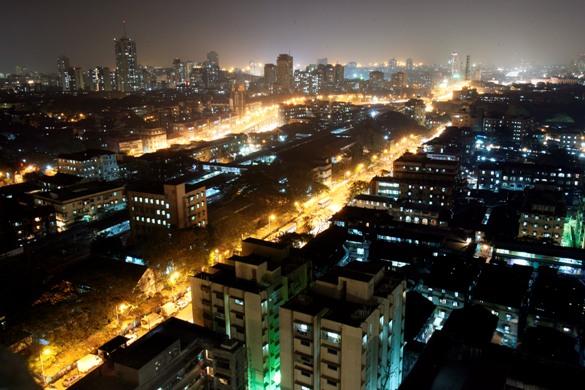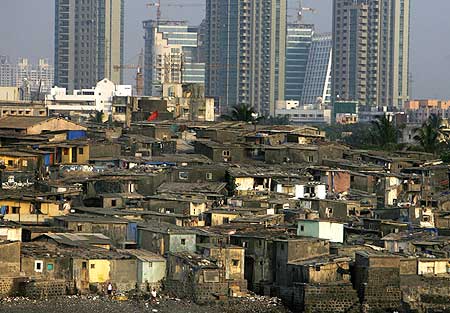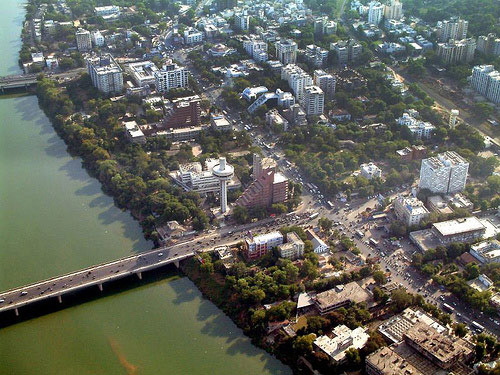
Banks are increasingly seeing defaults on housing loans, especially those taken to finance second houses bought for investment purposes.
This is primarily because high interest rates on home loans, high food and medical inflation and the grim job environment have led to repayment hurdles.
“Customers borrowing money to buy houses for investment purpose tend to be more vulnerable during an economic slowdown than those buying properties for end-use.
“There have been instances in which some customers who borrowed money for buying a second home defaulted.
“When property prices are stagnant, risks on these portfolios deteriorate much faster,” said the head of retail lending at a private sector bank.
. . .

“People who have bought a house for investment purposes tend to have lower emotional attachments; they tend to walk out and cut losses.
“Recent data show property prices in India have fallen in 22 of the 26 prime markets.
"Therefore, there are instances of such defaults,” he added.
A retail banking head of a leading public sector bank said the stress in the home loan portfolio these days was largely because many borrowers either had to quit their jobs or take a pay cut.
“If either situation extends beyond three months, individuals find it difficult to stick to the repayment schedule,” said the executive.
. . .

Most of the loans turning sticky are two-three years old.
During this period, the rate of interest on home loans has risen at least 1.5 per cent.
In December 2010, most borrowed at 9.5 per cent; today, these rates are 10.75-11 per cent.
Bankers said in such cases, the due amount was Rs 50-80 lakh (Rs 5-8 million).
V N Kulkarni of Bank of India’s Abhay Debt Counselling says his firm has recorded a high number of debt restructuring queries through three-four months.
He adds the numbers are not substantially high, as not many people are aware of debt counsellors.
“It is not just restricted to second home loans; it is also true of first ones, along with personal loans and credit cards,” he said.
Sukanya Kumar, director of RetailLending.com, a loan advisory firm, agrees.
“Most of the individuals defaulting are those who lost their jobs around June-July this year.
“In fact, many such new buyers have deferred plans to buy properties,” she says.